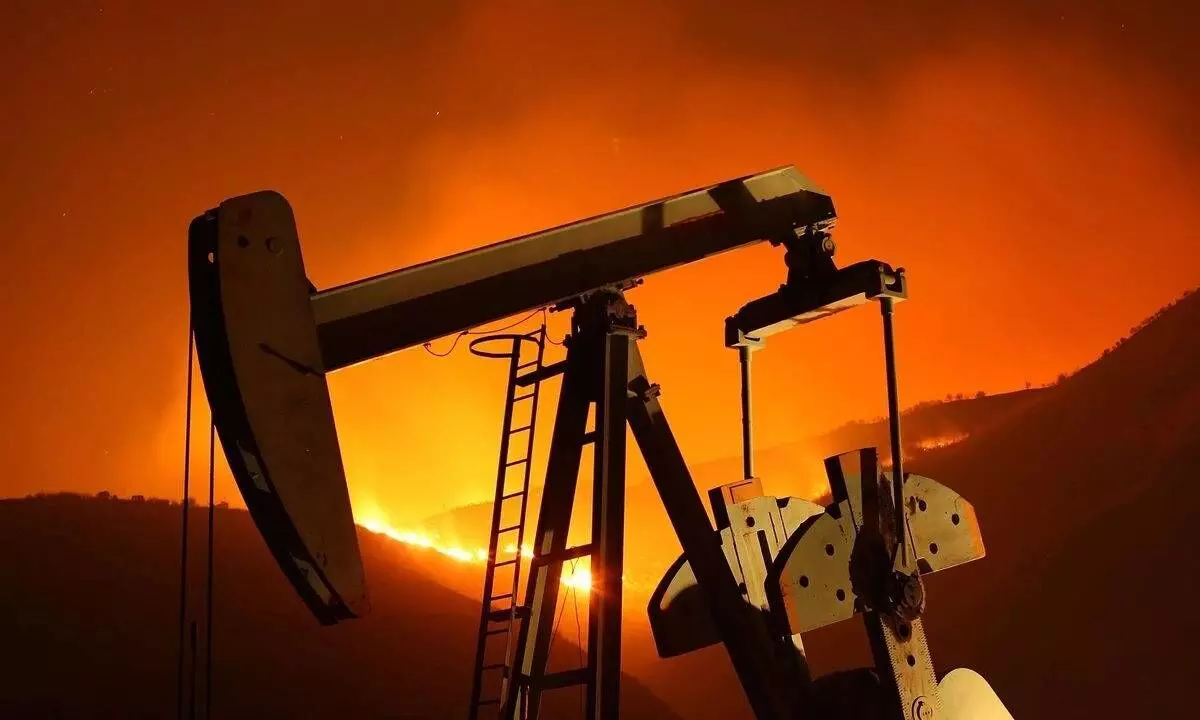Fossil fuel addiction still gripping many nations
Governments plan to produce around 110 per cent more fossil fuels in 2030: Report
image for illustrative purpose

New Delhi A new report published on Wednesday finds that governments plan to produce around 110 per cent more fossil fuels in 2030 than would be consistent with limiting warming to 1.5 degrees Celsius, and 69 per cent more than would be consistent with 2 degrees.
This despite the fact that 151 national governments having pledged to achieve net-zero emissions and the latest forecasts which suggest that global coal, oil, and gas demand will peak this decade, even without new policies.
When combined, government plans would lead to an increase in global coal production until 2030, and in global oil and gas production until at least 2050, creating an ever-widening fossil fuel production gap over time.
The report’s main findings include: Given risks and uncertainties of carbon capture and storage and carbon dioxide removal, countries should aim for a near total phase-out of coal production and use by 2040, and a combined reduction in oil and gas production and use by three-quarters by 2050 from 2020 levels, at a minimum.
While 17 of the 20 countries featured have pledged to achieve net-zero emissions -- and many have launched initiatives to cut emissions from fossil fuel production activities -- none have committed to reduce coal, oil, and gas production in line with limiting warming to 1.5 degrees.
Governments with greater capacity to transition away from fossil fuels should aim for more ambitious reductions and help support the transition processes in countries with limited resources.
The 2023 Production Gap Report: “Phasing down or phasing up? Top fossil fuel producers plan even more extraction despite climate promises” is produced by Stockholm Environment Institute (SEI), Climate Analytics, E3G, International Institute for Sustainable Development (IISD) and the UN Environment Programme (UNEP).
It assesses governments’ planned and projected production of coal, oil, and gas against global levels consistent with the Paris Agreement’s temperature goal.
“Governments are literally doubling down on fossil fuel production; that spells double trouble for people and the planet,” said UN Secretary-General António Guterres.

